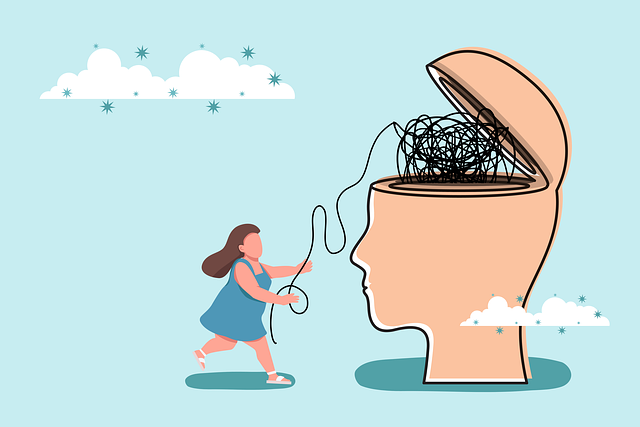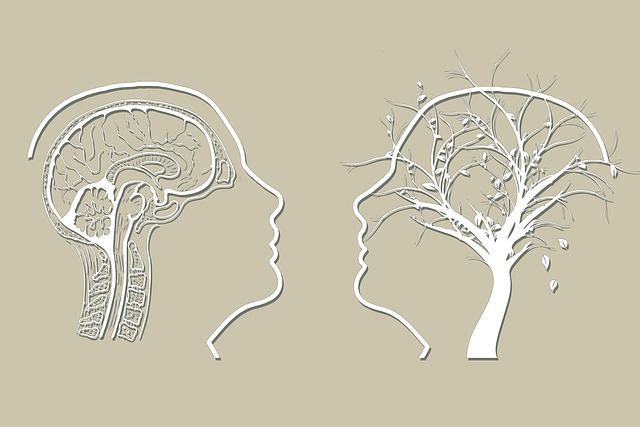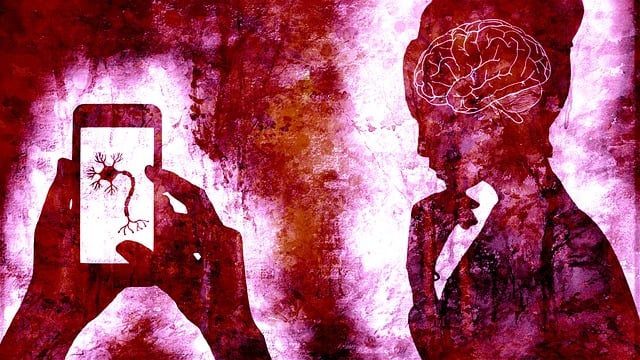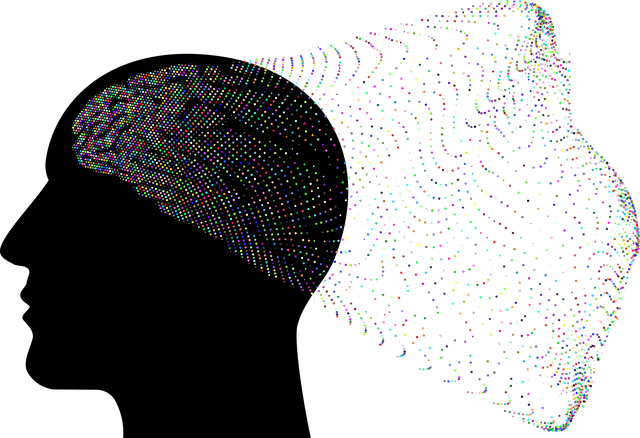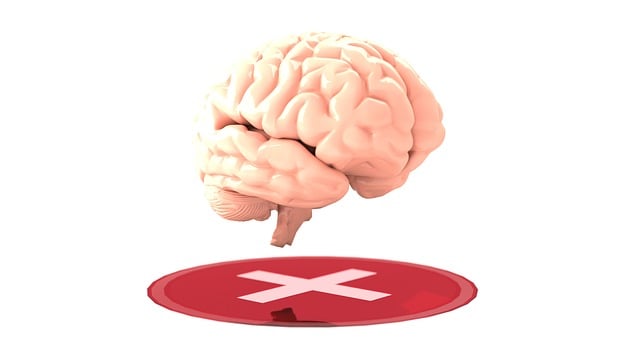Social skills training is a crucial component of therapy for young adults dealing with depression, addressing isolation and enhancing well-being. By focusing on communication, empathy, emotional regulation, and cultural sensitivity, these programs empower individuals to navigate social situations confidently. Combining self-awareness exercises, stress management techniques, and evidence-based practices boosts mental health outcomes, fostering a sense of belonging and resilience among young adults affected by depression.
Social skills training is a powerful tool in the realm of mental health support, especially for young adults navigating conditions like depression. This article delves into the intricate link between social interactions and mental well-being, exploring how depressive disorders impact social connections. We present therapeutic approaches tailored to young adults, offering practical strategies for community engagement. Additionally, we examine the long-term benefits and challenges of such training, providing insights into effective therapy for Depression among young adults.
- Understanding the Link Between Social Skills and Mental Health
- The Impact of Depression on Social Interaction
- Therapeutic Approaches for Improving Social Skills in Young Adults
- Practical Strategies for Daily Life and Community Engagement
- Long-term Benefits and Challenges of Social Skills Training
Understanding the Link Between Social Skills and Mental Health

Social skills play a pivotal role in mental health and overall well-being, especially for young adults dealing with depression. Therapy for young adults suffering from depression often involves addressing social isolation and improving their interpersonal abilities. Many individuals with depression struggle to connect with others, which can lead to further withdrawal and exacerbation of symptoms. Therefore, integrating social skills training into treatment plans is essential.
Cultural sensitivity in mental healthcare practice is crucial when designing such programs as it ensures that interventions are inclusive and effective for diverse populations. Mental health education programs should focus on enhancing communication, empathy, and emotional regulation skills. By teaching young adults how to initiate and maintain social connections, express their feelings appropriately, and manage their mood during interactions, therapy can become more dynamic and beneficial. Effective mood management techniques, when combined with social skills training, empower individuals to navigate social situations confidently, fostering a sense of belonging and overall mental resilience.
The Impact of Depression on Social Interaction

Depression can significantly impair an individual’s ability to engage in social interactions, leading to feelings of isolation and further exacerbating the condition. It often manifests as a lack of interest or pleasure in social activities, making it challenging for those affected to initiate or maintain conversations. The symptoms of depression can include persistent sadness, fatigue, changes in appetite, and difficulty concentrating, all of which hinder effective communication and social connection.
For young adults struggling with depression, the impact on their social lives is profound. They might find themselves withdrawing from friends and family, avoiding social events, or experiencing anxiety in social settings. This can disrupt their support networks, a crucial aspect of recovery. Therefore, addressing these challenges through targeted interventions, such as therapy for young adults with depression, becomes essential. Incorporating self-awareness exercises and stress management techniques within therapeutic frameworks has been shown to promote positive thinking and improve social skills, fostering a more supportive environment for those battling mental health conditions.
Therapeutic Approaches for Improving Social Skills in Young Adults

Social skills training is a crucial component of therapeutic approaches designed to improve mental health outcomes in young adults. Depression, for instance, often impacts an individual’s ability to engage and maintain healthy social connections, exacerbating feelings of isolation and loneliness. Therapy for Young Adults Depression typically incorporates various techniques tailored to foster better communication, empathy, and emotional regulation skills. Mental Health Education Programs are meticulously designed to teach young adults the nuances of interpersonal interactions, helping them navigate social situations more effectively.
Effective therapeutic interventions may include individual or group therapy sessions that focus on developing Communication Strategies. These programs not only target specific mental health conditions but also promote overall Mental Wellness Coaching by equipping individuals with tools to express themselves, understand others, and build supportive relationships. By combining evidence-based practices and a holistic approach, these initiatives aim to enhance social competencies, ultimately contributing to improved mental well-being among young adults.
Practical Strategies for Daily Life and Community Engagement

For individuals navigating therapy for young adults with depression or other mental health conditions, practical strategies are essential for engaging in daily life and the community. Mental wellness coaching programs can offer tailored support, teaching skills to manage symptoms, set goals, and foster social connections. These programs often incorporate mindfulness techniques, cognitive behavioral therapy (CBT) principles, and goal-setting exercises designed to enhance coping mechanisms and improve overall mental health.
In addition to coaching, healthcare provider cultural competency training is crucial for creating inclusive support systems. Understanding cultural nuances empowers professionals to provide effective crisis intervention guidance tailored to individual needs. This approach ensures that young adults receive care that respects their unique backgrounds, fostering trust and encouraging active participation in their mental wellness journey.
Long-term Benefits and Challenges of Social Skills Training

Social Skills Training offers long-term benefits for individuals managing mental health conditions, particularly in the context of therapy for young adults with depression. By learning effective communication and interpersonal strategies, participants can enhance their ability to form meaningful connections, which is crucial for combating feelings of loneliness and isolation often associated with depression. This training equips them with tools to navigate social situations confidently, leading to improved overall well-being and quality of life.
While the benefits are significant, challenges exist. Implementing and maintaining these skills in daily life requires consistent effort. Many individuals may struggle with applying these strategies outside controlled environments, especially when facing triggers or high-stress situations. Moreover, measuring the effectiveness of social skills training can be complex, as it often relies on self-reported outcomes and subjective assessments. However, with dedicated practice and support from mental health professionals, these challenges can be overcome, enabling individuals to harness the power of empathy building strategies and self-esteem improvement techniques for lasting positive change.
Social skills training is a powerful tool in addressing mental health conditions, particularly depression among young adults. By understanding the connection between social interactions and mental well-being, therapeutic approaches can effectively enhance social abilities. The practical strategies outlined in this article offer hope and guidance for improved community engagement and overall quality of life. While long-term benefits are significant, recognizing the challenges ensures a more holistic and supportive approach to therapy for young adults dealing with depression.


